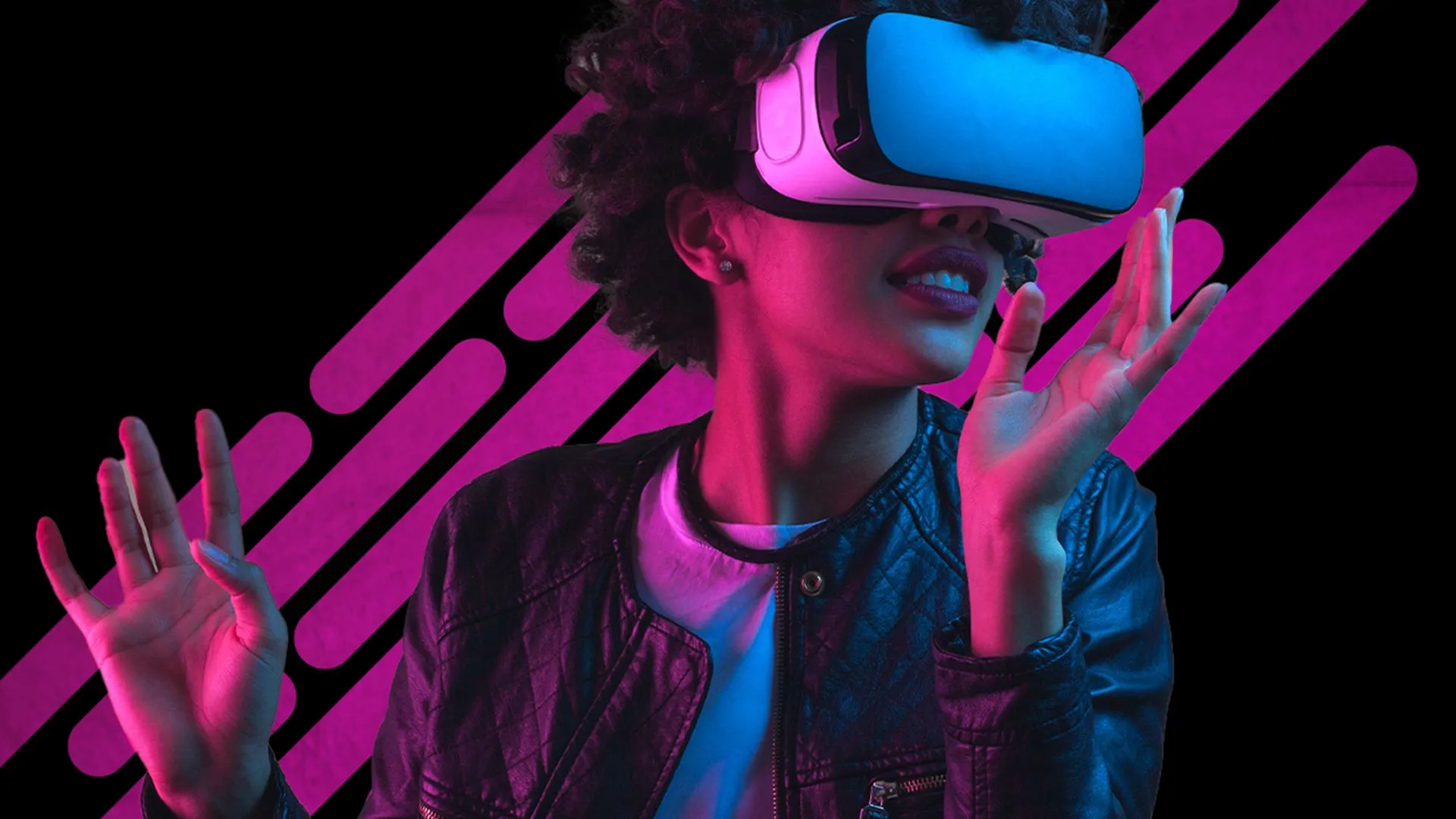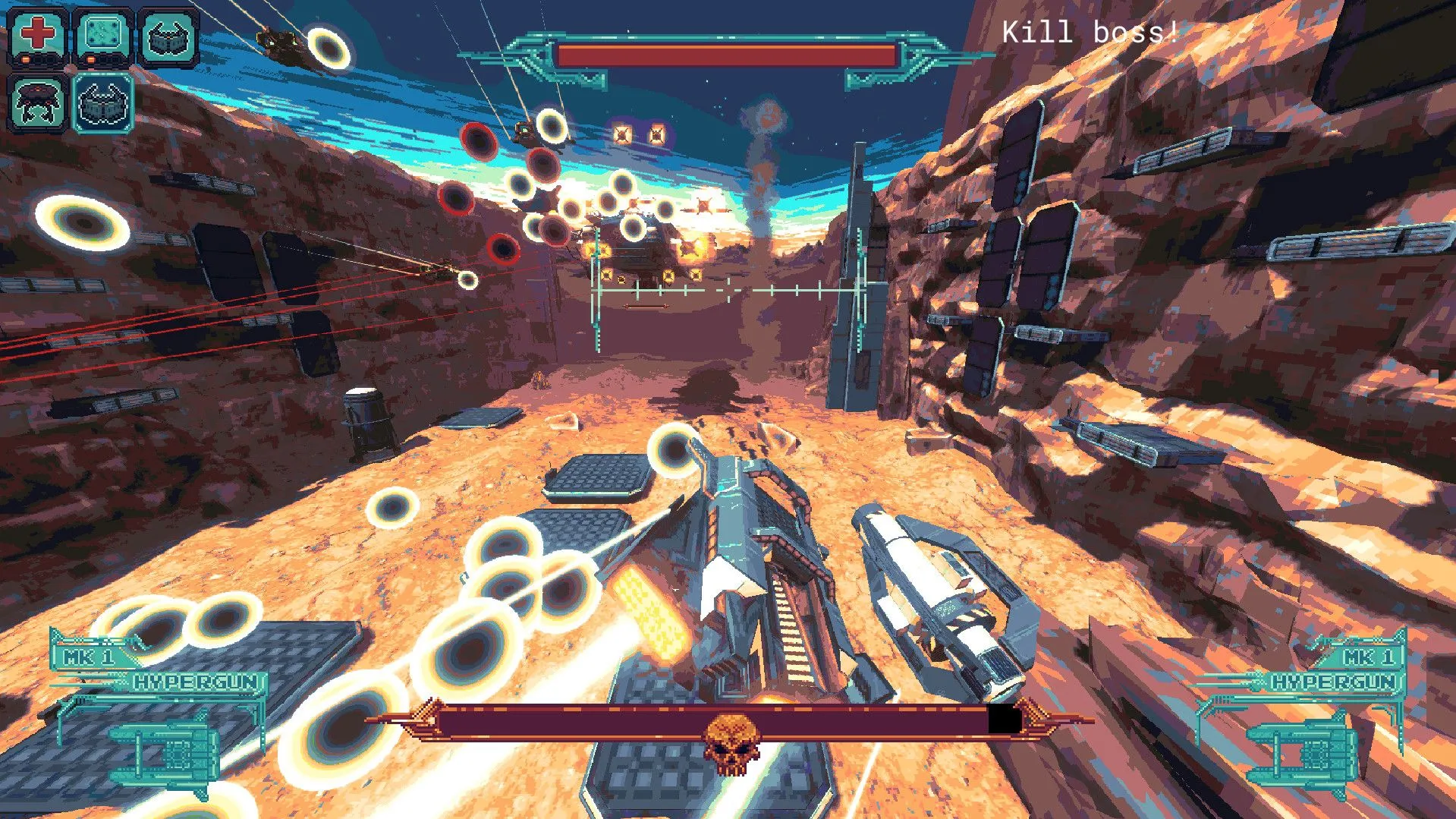Select “Accept all” to agree to our use of cookies and similar technologies to enhance your browsing experience, security, analytics and customization. Select ”Manage cookies” to make more choices or opt out.

The state of VR gaming in 2023
Virtual reality used to be the domain of science fiction. Films like Ready Player One imagined worlds where people eschewed their real flesh-and-blood lives for adventures inside of a headset, and while that future hasn't come to pass (yet), VR is now a firmly established technology. Your boss likely won’t look askance at you if you say your Friday night plan is going to be inside of a PSVR and house guests likely won’t start curiously inspecting your Meta Quest when they pop in for coffee. It’s official – VR gaming is mainstream.
But with VR headsets now a semi-regular fixture in our living rooms, have game developers put the technology to good use? The answer is mixed.
Virtual History
While VR has existed in concept since the 1930s (and possibly even earlier), it wasn’t until 2012 that the idea of VR gaming headsets as a consumer product became a reasonable prospect. The astounding success of the Oculus Rift Kickstarter campaign launched VR into the public consciousness, raising $2.4 million and prompting a buyout from Facebook two years later.
By 2016, hundreds of firms were getting in on the VR game. Seen by many as the hot new technology, companies such as HTC (Vive), Sony (PlayStation VR), and Samsung (Gear VR) were all hard at work on their own devices. Sony's headset launched later that same year, making the technology accessible to a general gaming audience. All players needed to own was a PlayStation 4 console – no high-end PC required – thus making it much more affordable for the average gamer.
State of Play
Fast-forward to 2023 and Meta Quest is probably the biggest VR gaming brand in the world, bolstered by the wide-reaching marketing efforts of the company formerly known as Facebook. The recently-launched PlayStation VR 2 is also enjoying moderate success, thanks to its strong line-up of first-party software. However, early reports suggest that the device’s sales are falling short of expectations.
With Horizon Call of the Mountain leading the product lineup, the PlayStation VR has possibly the strongest launch lineup of any VR device to date. Gran Turismo 7 puts players in the driver’s seat of some of the finest sports cars ever created, offering unparalleled immersion, and a sense of speed that can’t be matched. Meanwhile, the modern horror classic Resident Evil Village has been updated to support PSVR2, making for one of the most intensely thrilling experiences in gaming.
By contrast, the Meta Quest 2 targets more casual gamers and general lifestyle users, allowing users to enjoy movies and tv in the immersive world of VR, alongside a host of other useful features. With a relatively affordable price and a light, aesthetically pleasing visual design, this headset has captured the attention of the everyday public, providing a gateway into VR gaming for the layman.
Then there is AR. Generally perceived to be more of a gimmick than a full-blown platform, augmented reality has seen a relatively sparse implementation in gaming. Outside of Pokemon GO and various theme parks and art installations, the potential of AR tech remains largely untapped. The failure of Google Glass showed that the world wasn’t quite ready for AR, but there’s huge potential for game firms with the right vision.
Now that we’ve given you a brief overview of the current state of VR tech, we’d like to highlight some of the VR experiences that are setting the standard for the space. Check back for our next blog, where’ll dive deeper into the exciting world of VR gaming. Until then if you need any support marketing your VR or AR project get in touch today.
Project N is your go-to game agency, delivering video, social media, community management, and web production for studios of every size.


